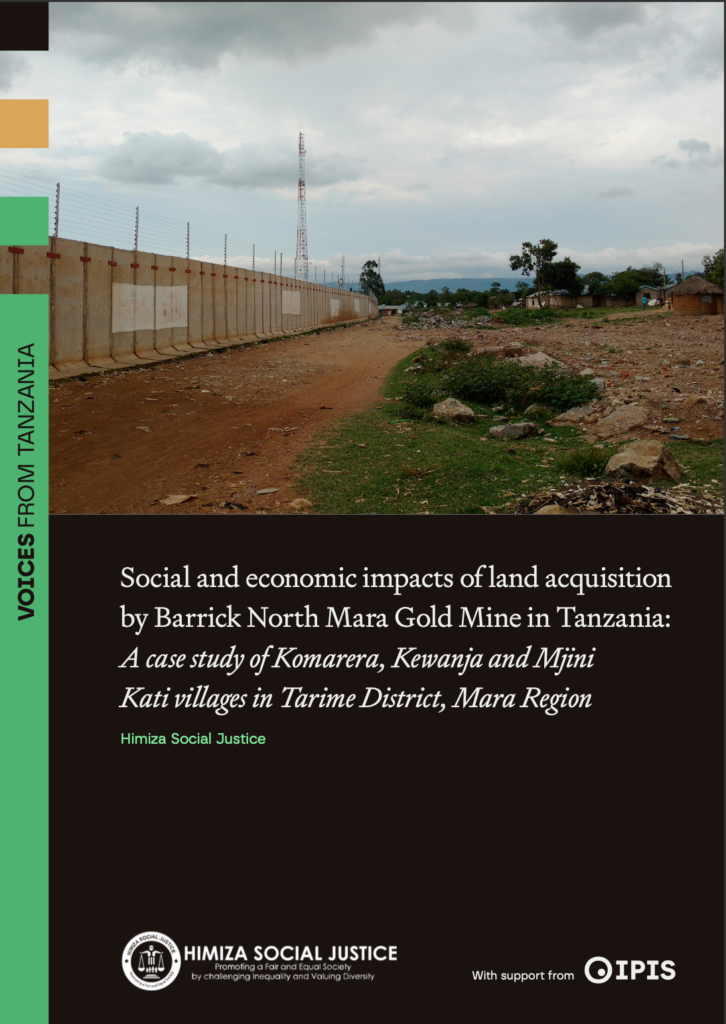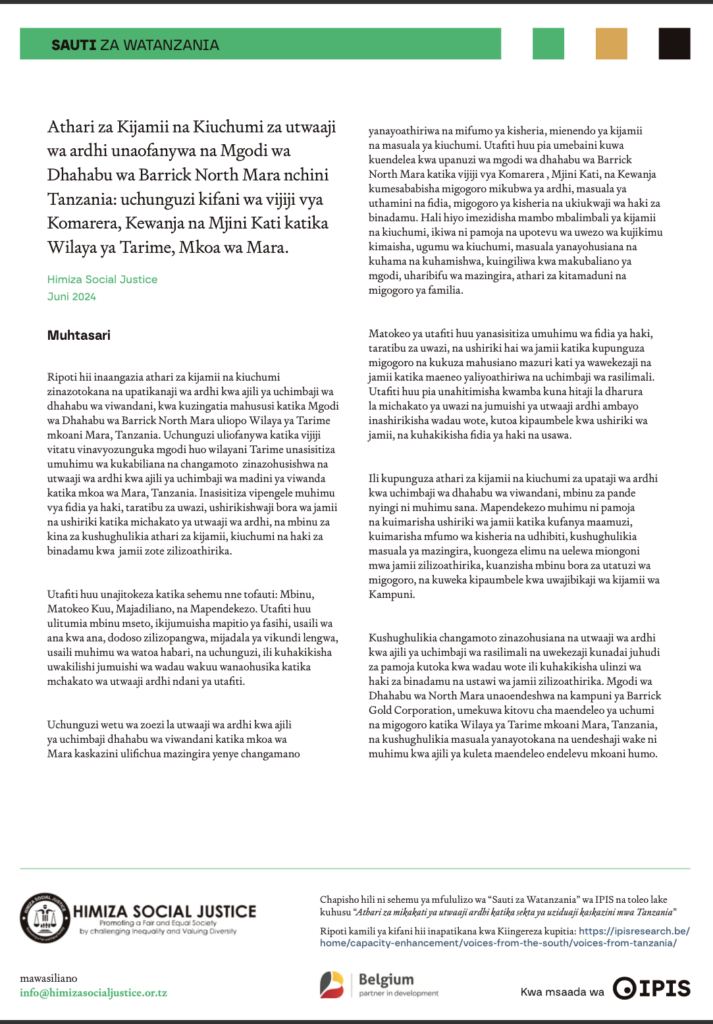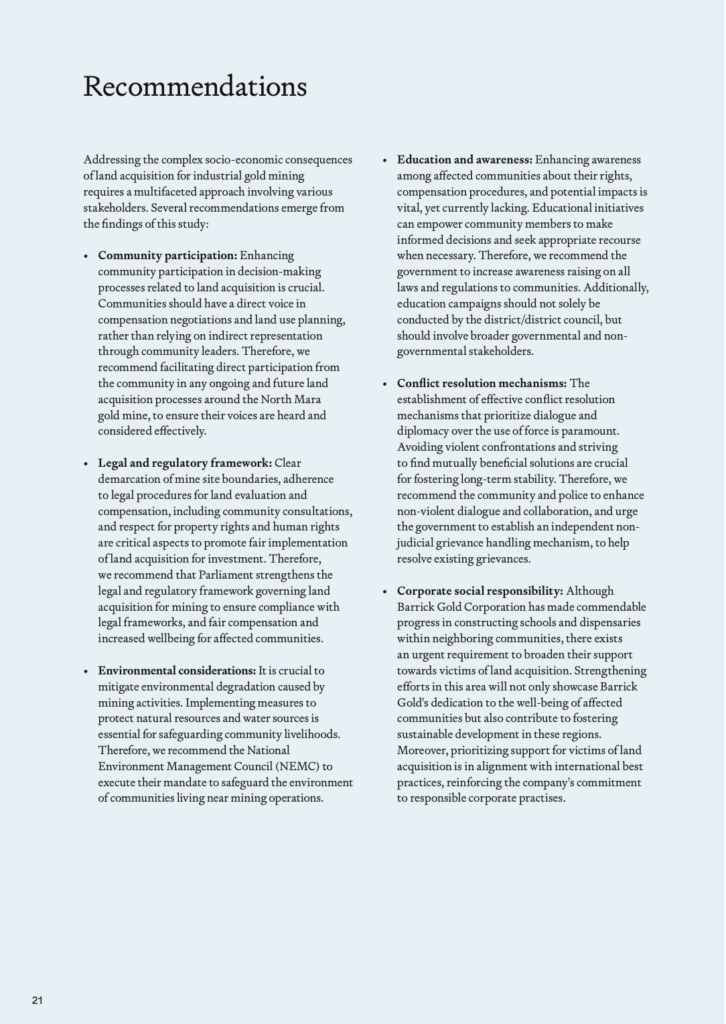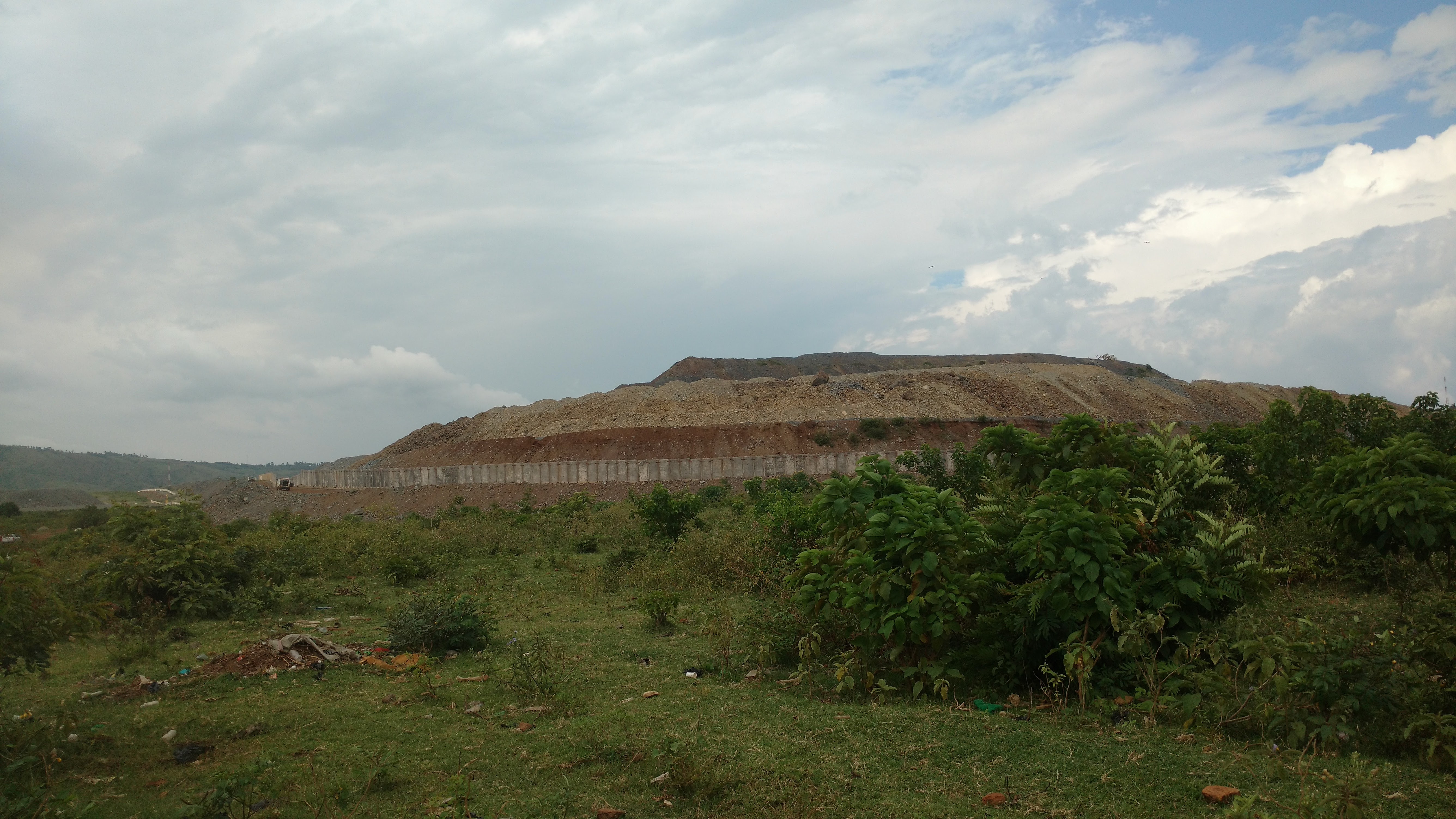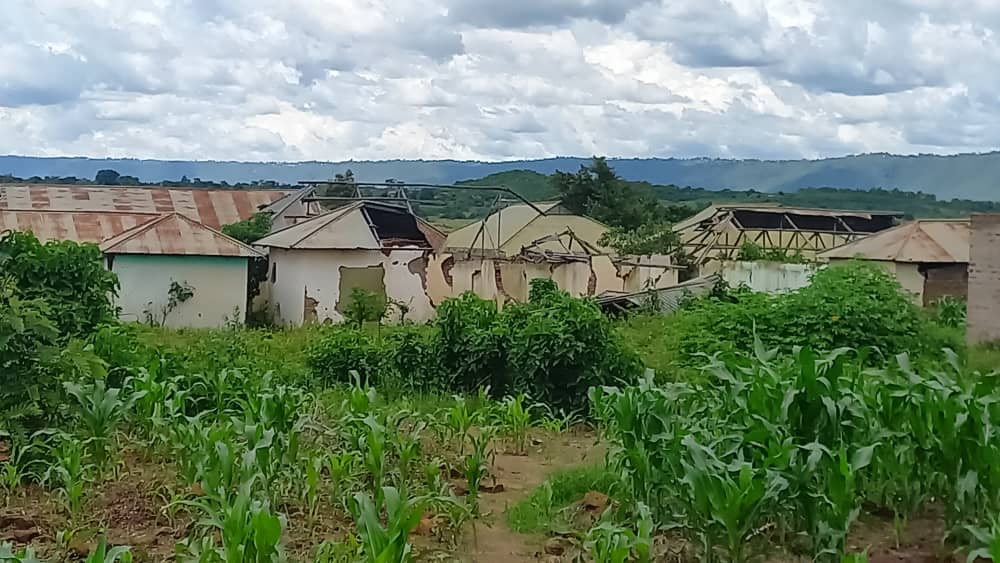This publication is part of IPIS’ Voices from Tanzania series and its edition on “The impact of land acquisition practices in the extractive sectors of northern Tanzania”.
In their Voices from Tanzania study Himiza Social Justice assesses the socio-economic impacts of land acquisition practices by the industrial Barrick North Mara gold mine on 3 villages in Tarime district, Mara region.
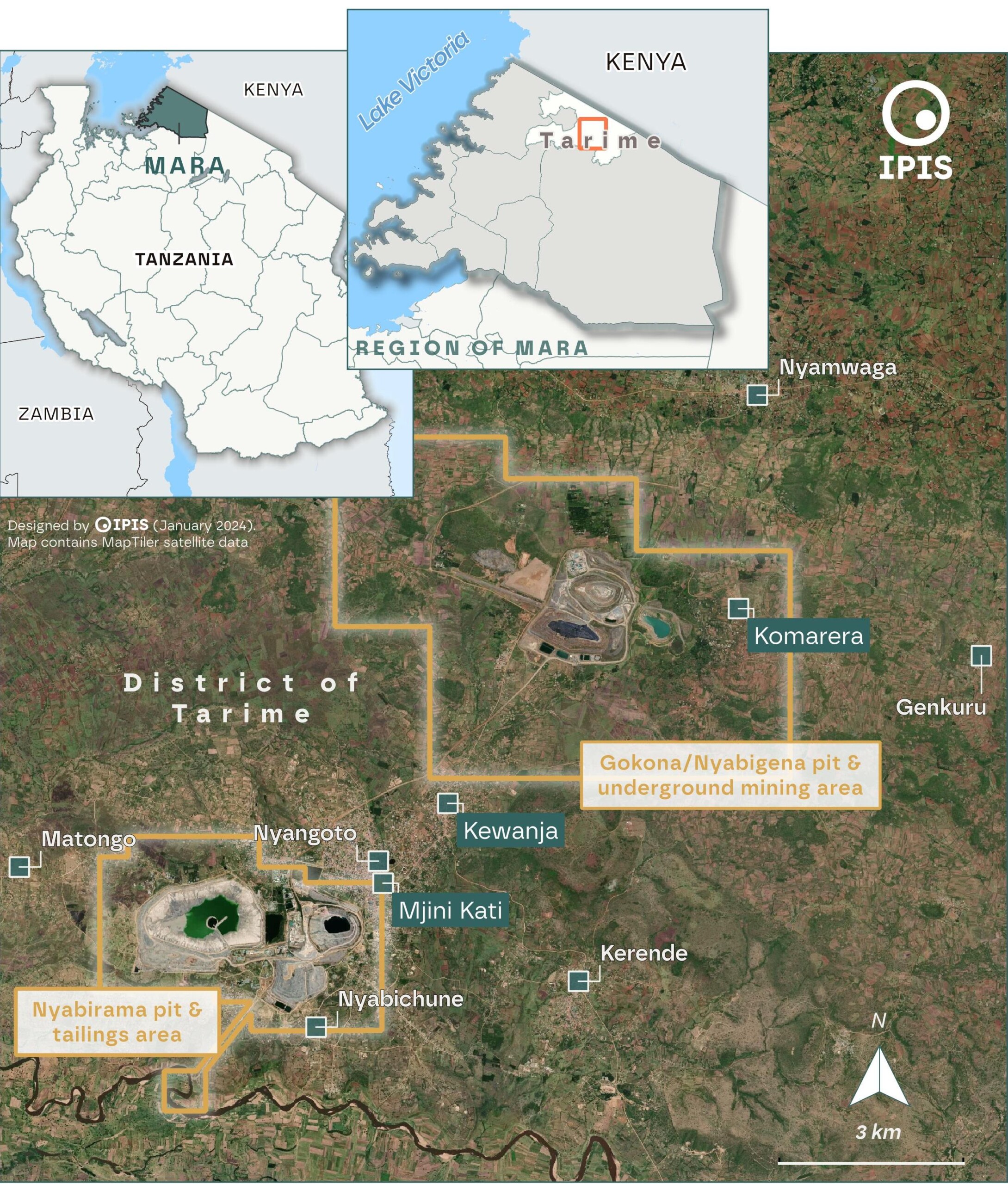
In Tanzania, the need for land has increased dramatically in recent years, to accommodate different types of investment that push for the country’s industrialization, economic growth and development. Despite the existence of well-established procedures and legal provisions, challenges persist within Tanzania regarding land acquisition, especially those related to investment such as industrial mining or large-scale agriculture.
This study zooms in on northern Mara, a region where the North Mara industrial gold mine is operational. The region around the North Mara mine has been a hotspot for land conflicts for years, and offers a case that is representative for current and broader land-related complexities in Tanzania. Over the years, the expansion of the mine’s operations to maximize its gold extraction potential has led to significant land acquisition in the area. This in turn has repeatedly created conflicts and tensions with neighbouring communities, who accuse the mine of inadequate compensation, forceful displacement, and negative impacts on people’s livelihoods due to reduced availability of land for income-generating activities, such as agriculture and artisanal mining.
To assess the socio-economic impacts of land acquisition by Barrick’s North Mara gold mine, Himiza Social Justice collected primary data from affected communities in Komarera, Kewanja and Mjini Kati villages.
The findings from the study
In the report, practices of land acquisition by the North Mara Gold Mine unveiled a complex landscape influenced by legal frameworks, social dynamics, and economic considerations. The study revealed that the continued expansion of the mine in the villages of Komarera, Mjini Kati, and Kewanja has led to significant land disputes, valuation and compensation issues, legal conflicts, and human rights violations. Prolonged valuation processes emerged as a significant concern, causing community members to endure restrictions on land use for extended periods. Disputes over land and property value, lack of transparency of the valuation and compensation process, and a general lack of awareness on land rights and land acquisition processes significantly affect communities’ experiences with the land acquisition process and exacerbating existing tensions.
Land acquisition impacts on a wide range of social and economic issues, intensifying the loss of livelihoods and economic hardships. Forced displacement and relocation have created social impacts beyond the mere loss of land. Loss of land and compensation, in turn, have resulted in social and cultural impacts, including family conflicts.
Overall, the study stresses the importance of fair compensation, transparent procedures, effective community engagement and participation in land acquisition processes, and a comprehensive approach to dealing with the multifaceted social, economic, and human rights impacts on affected communities.
The recommendations
Himiza Social Justice is a non-profit organization based in Geita, Tanzania. Our mission is to champion and advance equal economic, political, and social rights through legal and policy advocacy, capacity building, and community empowerment. Our objective is to enhance the socio-economic development of impoverished rural communities by promoting human rights, good governance, and access to justice.


This publication has been produced with the financial assistance of the Belgian Directorate- General for Development Cooperation and Humanitarian Aid (DGD). The contents of this document can under no circumstances be regarded as reflecting the position of the Belgian Development Cooperation.
The publication does not represent IPIS’ research or views. It is based on the surveys and analyses conducted by Tanzanian civil society organisations and solely belongs to them.

